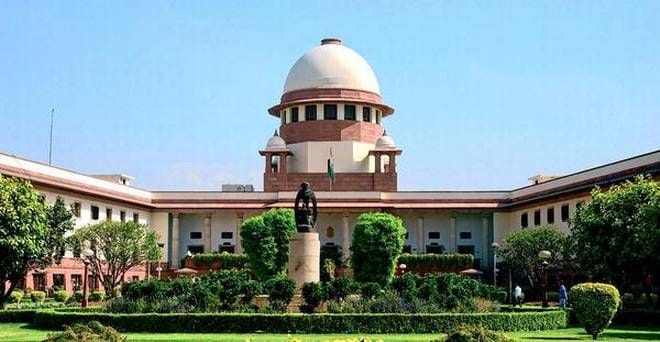
This case comment has been prompted by the recent observations of a Supreme Court bench made up of Justices Surya Kant and N Kotiswar Singh addressing a petition filed by four convicts who alleged they had been in prison for over two years because their criminal appeals had been reserved for the same period in the Jharkhand High Court awaiting verdicts. The Supreme Court noted that it had previously requested High Courts to report on pending judgments, and the time from when a case was heard to when it was delivered. During the hearing the judges indicated their frustration with the slow pace of some courts and the increasing incidences of complaining about High Court judges taking breaks – some even unnecessary, as well as the longevity of break time. They noted the gravity of the delays and how, for example, individuals remained in sanctioned imprisonment after being acquitted due to administrative backlogs and tardiness in delivering verdicts.
Issue
The key question arising was whether there should be systemic accountability for the efficiency and output of High Court judges particularly when significant public expenditure was being used, and time was not on the side of the delivery of justice. The Court will aim to answer questions such as: what is the effectiveness of High Court judges? Are judges delivering outcomes commensurate to their paid resources, in particular when unavoidable delays are therefore compromising individual liberty, or implementing faith in the courts?
Judgement
Though not officially an order, the Supreme Court strongly expressed its view in the oral remarks delivered on May 13–14, 2025, that there is an overdue need for performance audit of the judges of the High Courts. The Court contemplated the use of data of pending judgments; the time taken for verdicts; the time taken to publish verdicts, and so on to assess the situation. The bench also suggested that it may soon make guidelines on reserve, pronouncement and uploading timelines which would avoid unnecessary detentions and delays. The Supreme Court adjourned the matter until July and ordered its registry to collect and examine the relevant data from all High Courts. Reason
For any queries or to publish an article or post or advertisement on our platform, do call at +91 6377460764 or email us at contact@legalmaestros.com.
Reason
The rationale of the Supreme Court was based on the allegations of a lack of work ethic and discipline of some High Court judges, which were at the root of several complaints from litigants that often led to delay of justice and unreasonably long detention of under trials or convicts. The bench commented that while there are many who toil diligently, the passive or uninterrupted breaks by others, are somehow delegitimizing the Court itself. It also stated that delay of pronouncements were violative of the constitutional mandate of justice in a timely manner, with societal trust severely impacted by those who still to this day lose their liberties awaiting for their matter to be heard. The Court reiterated that without proper accountabilities, the issue will manifest in increased problems and a faith-less public in the justice delivery system.
Significance
This is an important step towards judicial accountability and openness. The Supreme Court’s request for a performance audit, as well as recommendations for time limits, is likely to set the standard for judicial efficiency in India. If enforced, these reforms will significantly improve the speed and certainty of justice, limit periods of arbitrary or indefinite detention, and be more efficient with public goods. Most importantly, the initiative represents the judiciary’s willingness to conduct self-reflection, remedy structural inefficiencies, and regained citizen trust in the rule of law by enforcing accountability on its community, including the judicial police.




![Research Assistantship @ Sahibnoor Singh Sindhu, [Remote; Stipend of Rs. 7.5k; Dec 2025 & Jan 2026]: Apply by Nov 14, 2025!](https://legalmaestros.com/wp-content/uploads/2025/11/Gemini_Generated_Image_s0k4u6s0k4u6s0k4-768x707.png)
![Karanjawala & Co Hiring Freshers for Legal Counsel [Immediate Joining; Full Time Position in Delhi]: Apply Now!](https://legalmaestros.com/wp-content/uploads/2025/11/Gemini_Generated_Image_52f8mg52f8mg52f8-768x711.png)